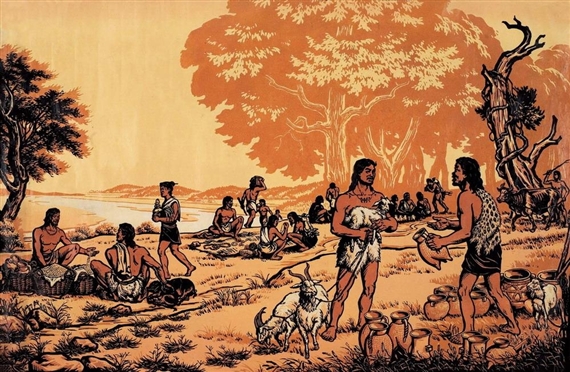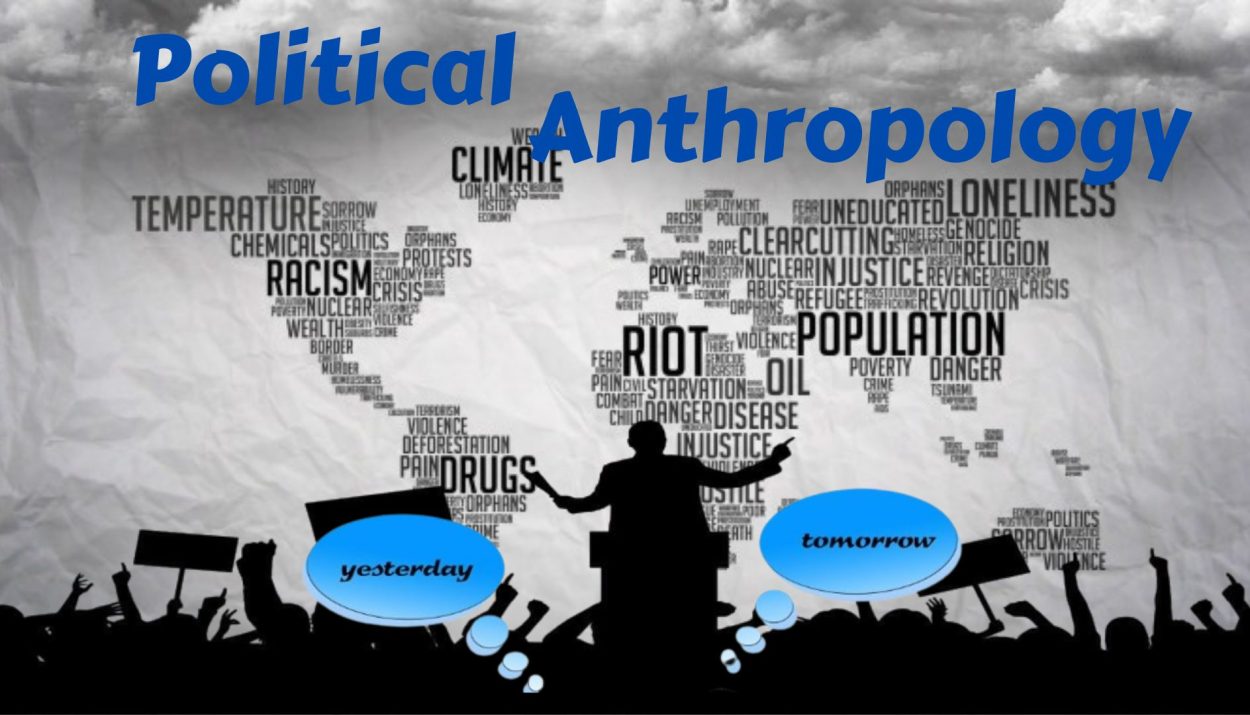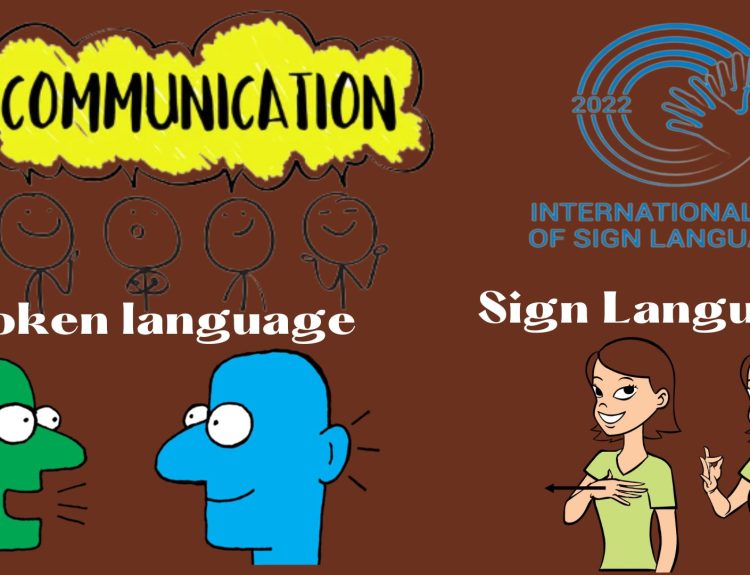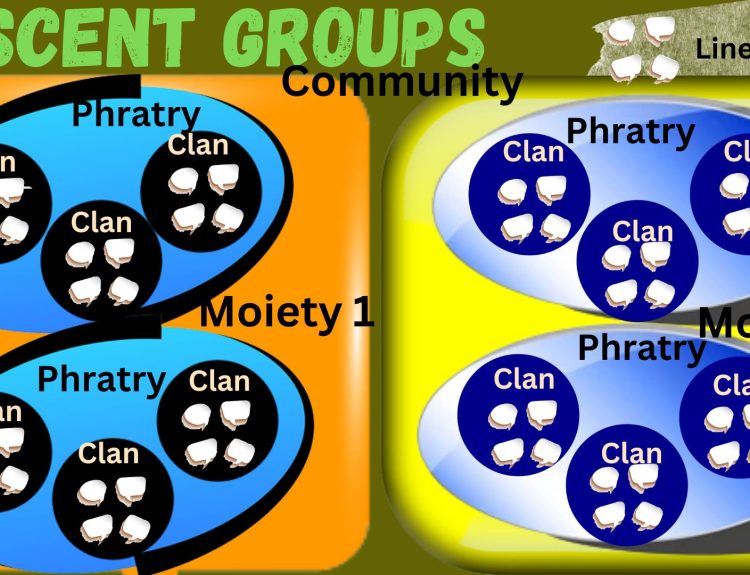Political Anthropology is a fascinating sub-field of anthropology that explores the intricate relationship between politics, governance and culture in human societies. As human societies evolved, they developed various ways to organize themselves and make decisions, resulting in diverse political systems and power structures. In this article, we are approaching political anthropology as the examination of the societal foundation for the distribution of power within primitive societies.
The way societies are organized politically is different between modern and primitive societies. In primitive societies, they don’t have written laws but they follow unwritten rules, like taboos. These rules are passed down through tradition. This shows us that how society is politically structured is really important for how the whole society works.
Definitions
Several definitions have been proposed to understand this aspect of human society and some examples are as follows:
Radcliffe Brown– “The political organization of a society is that aspect of social organization which is conserved with the control and regulation of the use of physical force”.
Max Gluckman– “The politics ensure the problem of presenting law and order of assuring public control”.
F.G. Bailey views, politics in terms of contests, goals and strategies.
Political systems in Primitive societies
Within primitive societies, the political aspects often manifest within kinship connections, religious practices and economic pursuits, among others. This means that in such societies, politics cannot be examined in isolation; instead, political influence is a fundamental feature across all types of societies.

Even today, there are societies where organized systems of authority are absent. However, even in these cases, there exists a group or entity responsible for resolving disputes and maintaining law and order. The traditional political systems of primitive societies are undergoing transformation due to the impact of modern political ideas. As a result, political anthropology is integrating into this broader framework.
In primitive societies, you can observe both traditional and modern political systems coexisting, with these societies integrating into the broader modern political framework. This is where political anthropologists come into play, examining how these two systems interact within both types of societies and how the introduction of modern political approaches is changing traditional political systems.
In the Indian context, political anthropologists specifically investigate how tribes and castes influence each other and how external influences impact them.
An Anthropological Trail of Politics
The exploration of political aspects within human societies from an anthropological perspective was influenced by various milestones. Henry Maine’s book ‘Ancient Law,’ published in 1861, played a role in initiating discussions about the evolution of societal institutions, although its primary focus was on legal and social evolution rather than political anthropology.
The 1930s saw the application of anthropological principles to the analysis of political systems in Melanesia by Bronisław Malinowski, contributing to the understanding of political dynamics within different cultural contexts.
However, it was in 1940 that Political Anthropology gained substantial momentum with the publication of ‘African Political Systems,’ edited by Meyer Fortes and Evans-Pritchard. This compilation brought together essays by various anthropologists studying different African societies. In this pivotal work, the contributors argued that political structures encompassed constitutional arrangements of components responsible for fulfilling diverse roles within the political framework.
Another significant work, ‘The Nuer’ by Evans-Pritchard delved into the distinctions between political systems in traditional societies and those prevalent in modern contexts.
While these contributions marked important steps in the development of political anthropology, it’s important to note that the field’s evolution was influenced by a broader range of scholars and studies.
Read- Anthropology of Political Organization
Power and Authority in Political Systems
Power is a central concept in Political Anthropology. Power can be manifested in various forms, such as political authority, economic control or religious influence. In some societies, power may be centralized in the hands of a single leader or institution, while in others, it is distributed more evenly among community members.
Max Weber says, “Power is the capacity of an individual to make anyone obey his orders as a result of which the person who obeyed the orders accepts it and behaves according to the orders”.
Authority refers to the legitimacy and acceptance of power by the members of society. This encompasses giving orders and people following them. It involves the privilege to make choices and guide actions through issuing commands. This concept embodies the collection of regulations, methods, customs and standards that are seen as obligatory. Whenever needed, these principles are put into practice within their specific social group. As such, it could be seen as a power that depends on the situation.

Understanding the nuances of power and authority sheds light on the dynamics of governance and the functioning of political systems.
State and Stateless Societies
In their work titled ‘African Political Systems’, Meyer Fortes and Evans–Pritchard undertook an examination of political actions from a comparative stance. This approach subsequently led anthropologists to assess the political structures of traditional societies through the lens of two distinct classifications: State and Stateless Societies.
Within state societies, there exists a central locus of authority and influence that extends through various specialized mechanisms. This arrangement applies universally to tribal collectives, regardless of their geographical expanse. The responsibilities of political leaders in such contexts encompass the establishment of regulations, resolution of conflicts and the imposition of levies upon these groups. Instances of this can be observed in the African Zulu and Ashanti tribes, etc.
In stateless societies, a distinct trait is the lack of a centralized and easily identifiable authority framework. Instead, the roles and functions are dispersed among a group of recognized individuals who hold a position of prominence, emphasizing equality rather than superiority. Within these stateless societies, the scope typically encompasses organized communities reliant on activities such as food gathering and hunting. These societies are further divided into smaller bands or groups. Examples are the Bushmen and Pygmies of Africa.
Read in detail- State and Stateless Societies
Conclusion
Political Anthropology offers a unique and multifaceted lens through which to examine the complexities of human politics and culture. The discipline enriches our understanding of power, governance and human interactions, from traditional societies to contemporary political landscapes. As we strive to address global challenges and promote social justice, the insights gained from Political Anthropology provide invaluable guidance for navigating the intricate web of human political lives.
References
Political and legal anthropology- Britannica
Introduction to Political Anthropology







